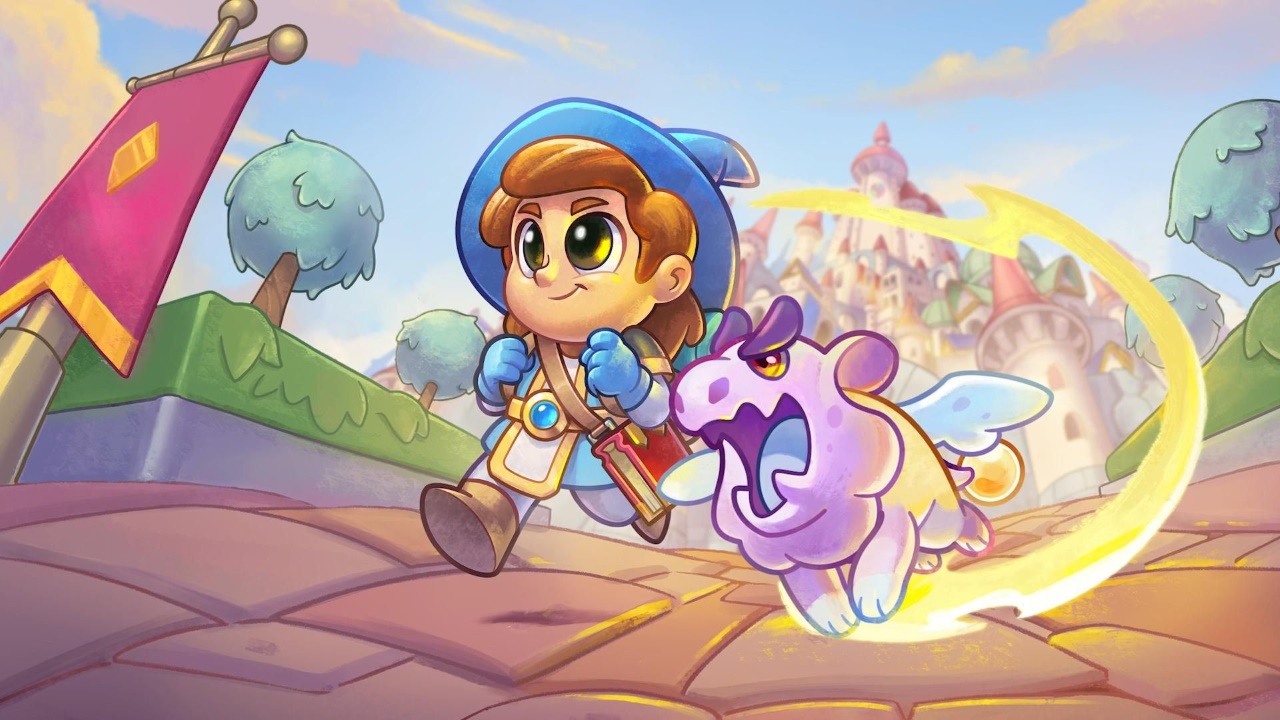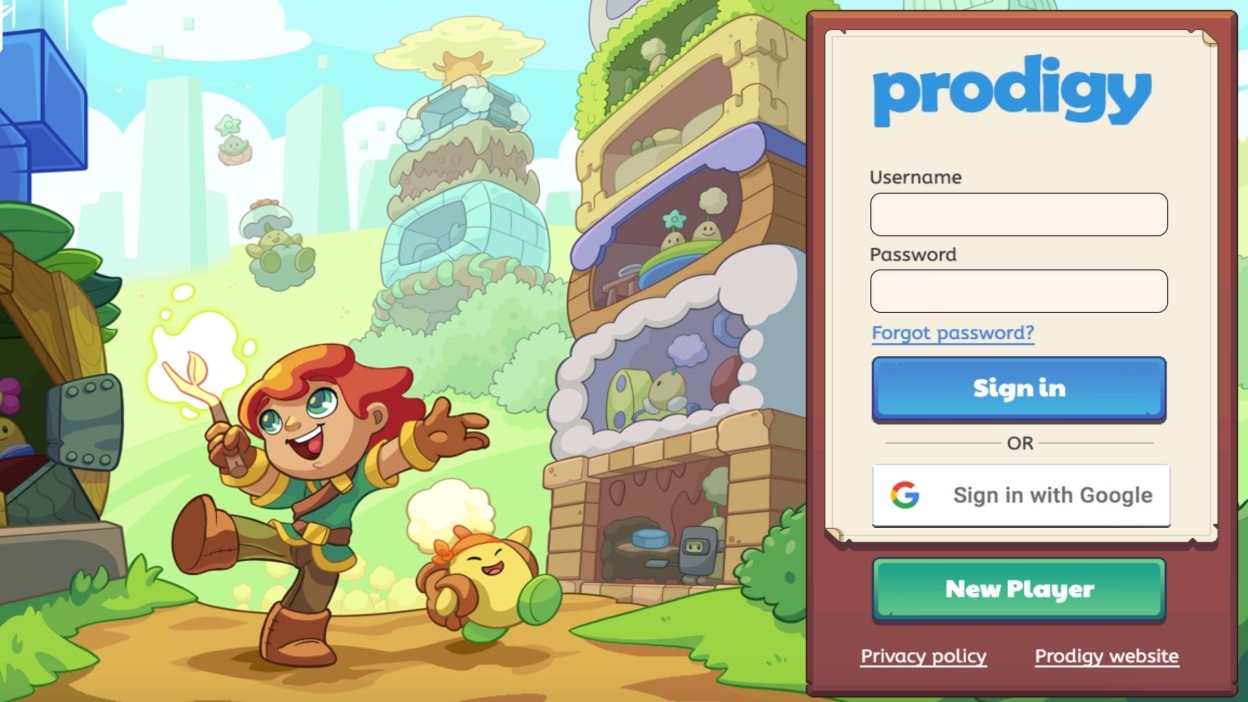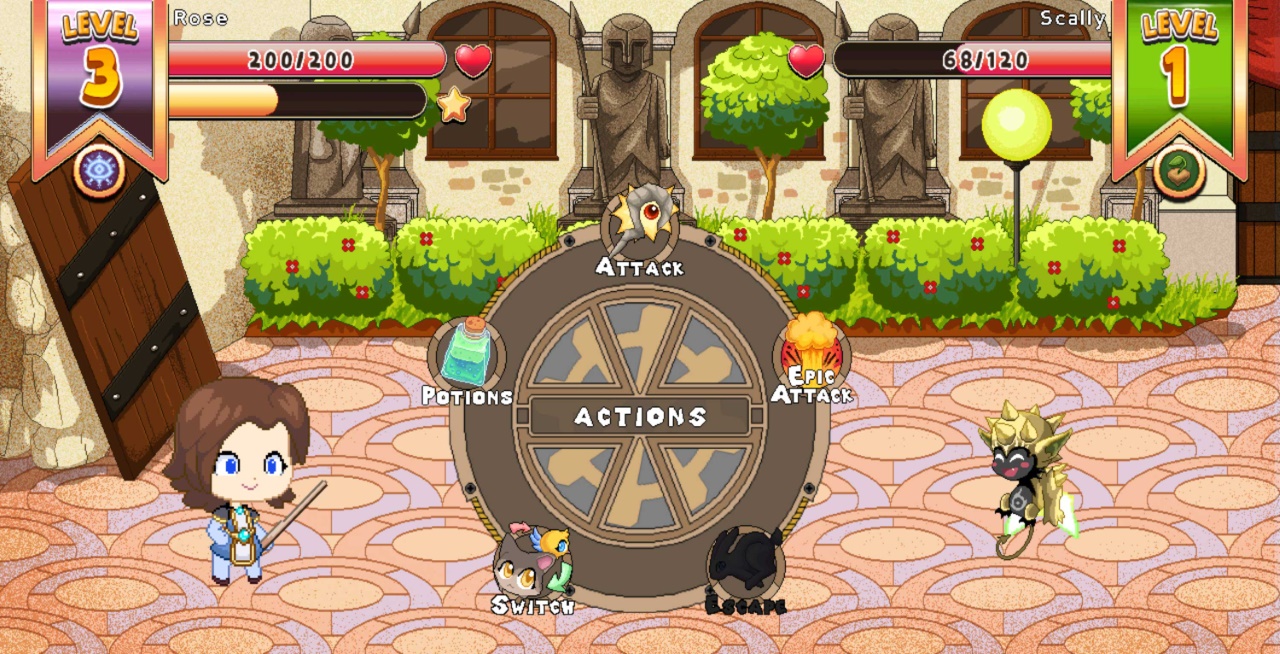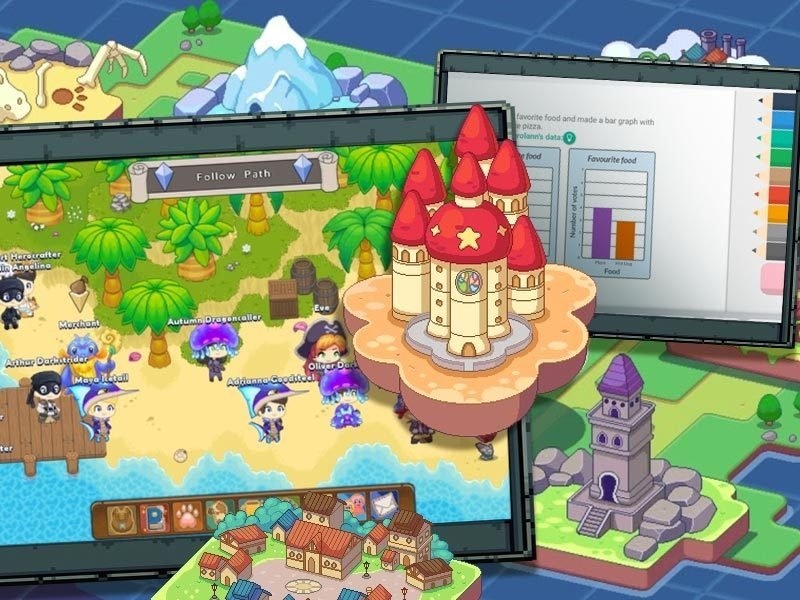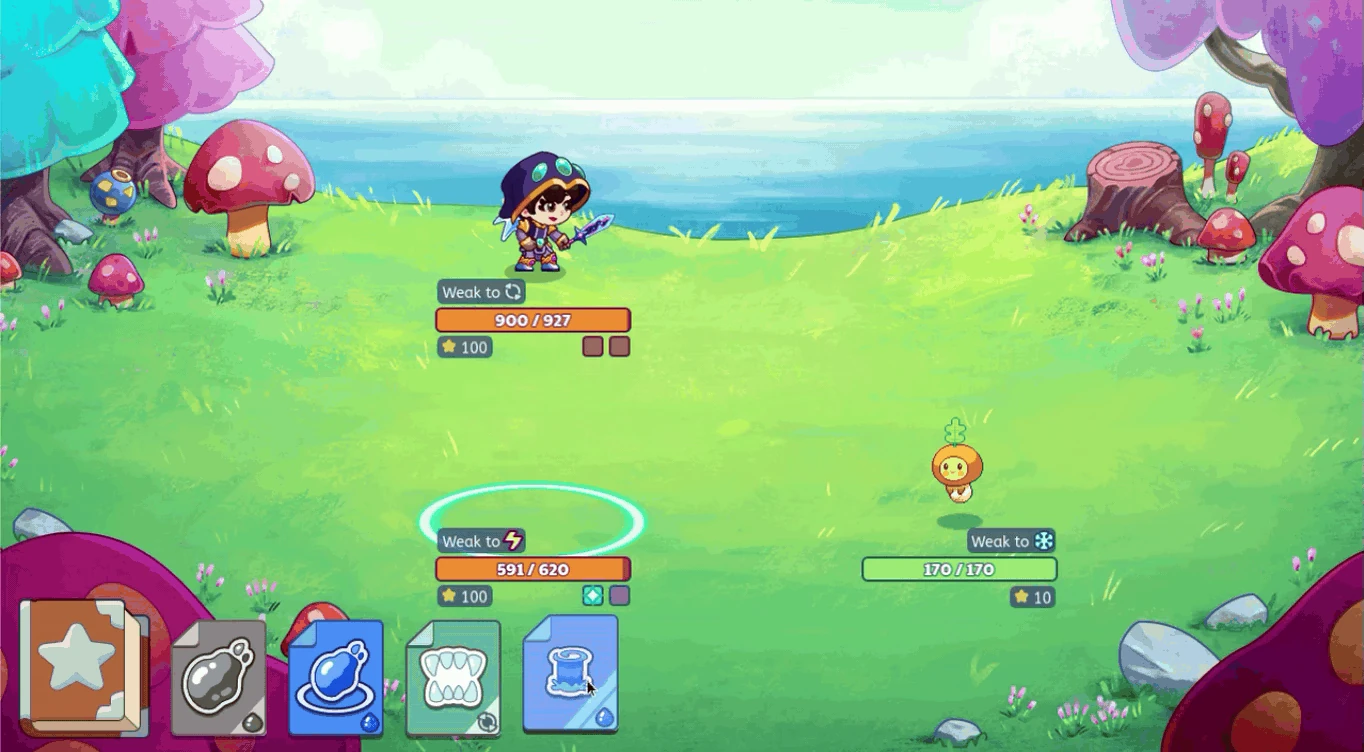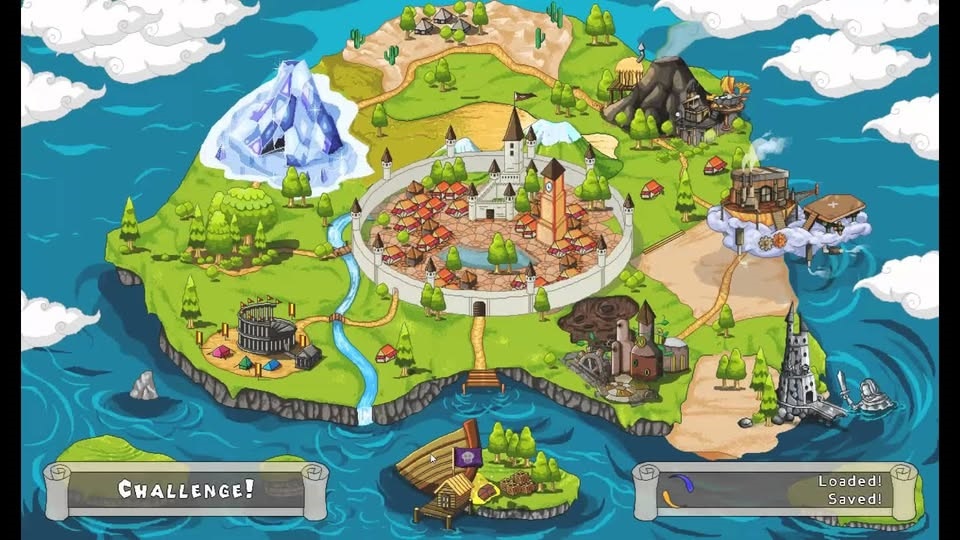Education has always sought innovative ways to engage students, and Prodigy Math stands as one of the most successful examples of combining learning with gaming. Developed by Prodigy Education Inc., this educational game offers a vibrant world where students can master math concepts while embarking on exciting adventures. With its gamified approach to learning, Prodigy Math has become a favorite among teachers, parents, and students alike, offering a perfect blend of entertainment and education.
Set in a magical world filled with quests, puzzles, and battles, the game helps children develop critical math skills through adaptive learning. Players solve math problems to progress, ensuring that the game meets their skill level while keeping them engaged. From its captivating visuals to the comprehensive educational tools it provides for parents and teachers, Prodigy Math has carved out a unique niche in the world of learning games.
Introduction to Prodigy Math
Launched in 2011, Prodigy Math was created to address a common challenge: making math accessible and enjoyable for students. The game has since grown into a global phenomenon, boasting millions of active users. Its primary goal is to build confidence in math skills through an interactive RPG (role-playing game) format.
Players assume the role of a young wizard who must embark on a journey through fantastical worlds. Along the way, they encounter math challenges that serve as battles against in-game characters or obstacles. The game’s focus on personalization ensures that every child, regardless of their proficiency level, can benefit from the experience.
Moreover, Prodigy Math aligns with most school curriculums, making it an excellent tool for supplementing classroom learning. Its popularity among educators stems from its ability to track progress and offer tailored assignments, empowering teachers to address individual student needs effectively.
Gameplay Mechanics
How the Game Works
The gameplay revolves around solving math problems to advance in a magical world filled with adventures. Players explore different realms, complete quests, and battle creatures using their math skills as weapons.
- Combat and Problem Solving: Battles require players to answer math questions correctly to cast spells or attack enemies. The difficulty adjusts automatically based on the player’s progress, ensuring a balanced challenge.
- Exploration: Players navigate colorful, interactive worlds filled with secrets, treasures, and puzzles. These environments encourage curiosity and reward problem-solving skills.
- Character Customization: Players can personalize their avatars and collect in-game items like pets, weapons, and costumes, adding a layer of creativity and motivation.
Educational Integration
What sets Prodigy Math apart is its seamless integration of educational content. The game covers a wide range of math topics, including:
- Basic arithmetic (addition, subtraction, multiplication, division).
- Fractions, decimals, and percentages.
- Geometry and algebraic thinking.
The game uses adaptive learning technology to tailor questions to the player’s current level, ensuring an appropriate challenge that fosters growth without frustration.
Replayability and Engagement
With its vast worlds, collectibles, and quests, Prodigy Math keeps students engaged for extended periods. Its multiplayer features, including battles with friends, add a social dimension that enhances replayability.
Storyline and Setting
The Magical World of Prodigy Math
The game is set in a magical realm where players take on the role of wizards tasked with saving the world from mysterious forces. Each realm presents unique challenges, characters, and environments, making exploration an integral part of the experience.
Narrative Integration
The storyline is woven into the gameplay, ensuring that solving math problems feels purposeful. Players complete quests that advance the narrative while simultaneously building math skills. For example:
- A quest might involve retrieving a lost artifact, which requires defeating enemies and solving math puzzles.
- Players encounter NPCs (non-playable characters) who provide clues, riddles, or challenges that enrich the story.
This combination of narrative and problem-solving creates a compelling framework that keeps players motivated.
 Educational Value
Educational Value
Comprehensive Math Curriculum
Prodigy Math aligns with educational standards in numerous countries, including the Common Core State Standards (CCSS) in the United States. This ensures that the game’s content is relevant to what students are learning in school.
Personalized Learning
The game’s adaptive technology evaluates a student’s performance and adjusts the difficulty accordingly. This personalization ensures that players are always challenged but never overwhelmed, fostering a growth mindset.
Encouraging Practice and Retention
Through its gamified approach, Prodigy Math encourages consistent practice, helping students retain math concepts over time. The rewards system, which includes in-game currency and items, further motivates players to continue learning.
Teacher and Parent Tools
Educators and parents can use Prodigy’s dashboard to monitor progress, identify areas of improvement, and assign specific topics for practice. This feature makes the game a valuable tool for both classroom and home use.
Graphics and Visual Appeal
Colorful and Engaging Design
The game’s art style is bright, whimsical, and designed to appeal to children. Each world is distinct, featuring lush forests, icy mountains, and mystical dungeons that encourage exploration.
Animations and Effects
The animations during battles and spellcasting are dynamic and visually impressive, adding excitement to every math challenge. Characters and creatures are designed with creativity, making the world feel alive and captivating.
Accessibility Across Devices
Whether played on a web browser, tablet, or smartphone, the game maintains its high-quality visuals and smooth performance, ensuring an enjoyable experience across platforms.
Multiplayer and Community Features
Social Interaction in Learning
One of the standout features of Prodigy Math is its ability to foster social interaction through multiplayer capabilities. Students can interact with their classmates and friends in a controlled, safe environment, adding a collaborative element to the game.
- Battles with Friends: Players can challenge friends to math duels, where their skills are tested in a competitive yet friendly setting.
- Teamwork Opportunities: In some quests, players can team up to overcome obstacles, promoting cooperation and communication.
Online Safety
To ensure a safe experience for young users, Prodigy Math employs strict online safety measures. Communication between players is limited to pre-approved phrases, and parental controls allow for additional monitoring.
Game Mode Accessibility
Single-Player Experience
The single-player mode provides an engaging experience for students who prefer independent learning. Players can explore the game’s vast world, complete quests, and hone their math skills at their own pace.
Multiplayer Options
For students who thrive in a social learning environment, the game’s multiplayer features offer opportunities to interact and collaborate with peers. Whether through battles or cooperative activities, these modes enhance engagement and motivation.
Online and Offline Availability
While the game is primarily designed for online play, certain features allow for offline use, such as practice modes. This flexibility ensures that students can continue learning even without internet access.
Pricing Model
Free Features
Prodigy Math offers a robust free version, making it accessible to all students. The core gameplay, including math challenges and exploration, is available without cost.
Premium Membership
For those seeking additional features, the premium membership provides:
- Exclusive items, pets, and rewards.
- Enhanced customization options for characters.
- Access to detailed progress reports for parents and teachers.
The premium membership operates on a subscription basis, with flexible plans for families and schools.
Critical Reception and Reviews
Praise from Educators and Parents
Prodigy Math has received widespread acclaim for its ability to make math enjoyable and accessible. Key highlights include:
- Engagement: Teachers have noted increased enthusiasm for math among students who use the game regularly.
- Educational Value: The alignment with curriculums and adaptive learning technology ensures that the game meets academic standards.
Student Feedback
Children love the game’s immersive world and the sense of achievement that comes with solving challenges. The reward system and character customization are particularly popular features.
Critiques
Some criticisms include:
- Overemphasis on Gamification: While the game is effective in engaging students, some educators argue that the focus on rewards may overshadow deeper learning.
- Premium Features: The distinction between free and paid content has raised concerns about accessibility for all students.
Challenges and Limitations
Reliance on Subscriptions
While the free version is comprehensive, the premium membership unlocks features that enhance the experience significantly. This has led to debates about equity, particularly for schools or families with limited resources.
Balancing Fun and Learning
The gamified nature of Prodigy Math is its strength, but it can also be a limitation. Overemphasis on gameplay elements may detract from the educational focus for some students.
System Requirements
Minimum Requirements
- Platform: Browser-based or mobile app.
- Devices: PC, Mac, iOS, Android.
- Browser: Chrome, Firefox, Safari, or Edge.
- Internet: Stable connection for online play.
Recommended Requirements
- Devices: Updated tablets or smartphones for optimal performance.
- OS: Latest versions of iOS or Android for mobile users.
Game Details
- Genre: Educational, role-playing game (RPG).
- Release Year: 2011.
- Platforms: Browser, iOS, Android.
- Age Rating: Suitable for children ages 6–14.
- Game Mode Accessibility: Single-player and multiplayer, online and offline capabilities.
- Pricing Model: Free-to-play with optional premium features.
Awards and Recognition
- Recognized by EdTech Awards for innovation in education technology.
- Featured in Parents’ Choice Awards as a top educational tool.
- Praised by various educational organizations for its adaptive learning approach.
Pros and Cons
Pros
- Engaging Gameplay: Combines learning with adventure, making math enjoyable.
- Educational Value: Aligns with school curriculums and adapts to individual learning needs.
- Multiplayer Features: Encourages social learning in a safe environment.
- Accessibility: Free version ensures broad access to core features.
Cons
- Premium Model: Additional features require a subscription, which may limit access for some users.
- Potential Distractions: The gamified elements could overshadow learning objectives.
Is It Worth Playing?
For parents, educators, and students looking for an engaging way to master math, Prodigy Math is an excellent choice. Its blend of gameplay and education makes it a standout in the world of learning tools. While the premium membership enhances the experience, the free version remains robust enough to deliver significant educational benefits.
Whether used in the classroom or at home, Prodigy Math effectively bridges the gap between fun and learning. Its adaptive technology, vibrant world, and comprehensive curriculum coverage make it a valuable resource for children of all skill levels.
Our Rating
- Gameplay: 9/10 – Immersive and enjoyable.
- Graphics: 8.5/10 – Bright, engaging, and child-friendly.
- Educational Value: 9.5/10 – Strong alignment with curriculums and adaptive learning.
- Replayability: 9/10 – Quests, collectibles, and multiplayer features keep players engaged.
- Overall: 9/10 – A fantastic blend of education and entertainment.
Prodigy Math proves that learning can be fun, offering a magical journey that builds confidence in math skills while keeping students motivated.

